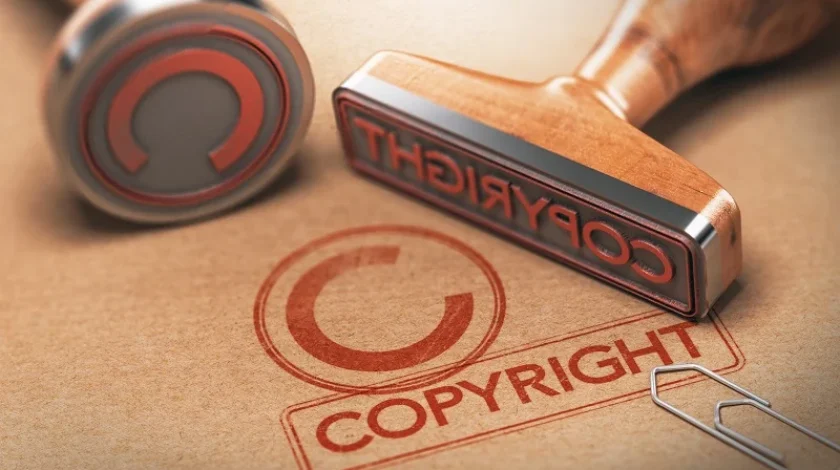With the current climate in Australia, the terms ‘franchising’ and ‘franchise’ can often leave a bad taste in one’s mouth. As such, Australian business owners looking to either expand or leverage a successful business in order to achieve further growth will often explore alternative models, such as licensing. While ‘franchising’ and ‘licensing’ may mistakenly be used interchangeably, they are two distinctly different concepts.
Franchising
In a franchising model, the business owner (known as the franchisor) sells another individual or company (known as the franchisee) the right to use both their business model and business name to essentially operate as an independent location of their company. With franchising, the franchisor continues to retain a significant amount of control over the actual operations of the other location/s, and in many cases, franchisees are required to share some costs with the franchisor. These costs may be linked to the branding and/or marketing of the business as a whole, which the franchisor will still manage, but for which all franchisees in the network would be likely to benefit.
In franchising, franchisees are often provided with territorial rights, allowing them to control a certain area, which also ensures that new franchisees cannot encroach on an already existing franchisees’ business.
It is important to note that in Australia, franchising is governed by the Franchising Code of Conduct (the Code) and any arrangement that is technically a franchise arrangement (even if it’s legally worded differently as an associate agreement or dealer agreement for example) will fall under the Code. There have been instances in the past where companies have issued an agreement labelled as a licencing agreement, but which have later been deemed to be franchises.
Licensing
In a licensing model, the business owner sells the right to use their intellectual property, brand or business processes to another party. Licenses do not typically come with restrictions relating to the provision of a territory or market for the exclusive use of the licensee. In addition to this, the business owner does not retain control over the licensee once they have sold the right to use their intellectual property or brand (although limits may be put in place over the specific use of either).
Some common examples of products that have been licensed include Microsoft Office and sports teams giving merchandise sellers a licence to use their brand.
Licensing arrangements are governed by standard contract law, so there are less administrative burdens than in a franchising arrangement.
Franchising vs Licensing
When considering which model is likely to work best for your business needs, you will need to take into account both the nature of your business, and the degree of control that you feel you will need over your intellectual property and/or brand if it is to be used by other parties. In assessing this, Coleman Greig urges you to consider how your business would be impacted if someone else were to use either your intellectual property (or product) in a manner that you did not approve of.
For a company like McDonald’s, ensuring rigid control and consistency among locations is important, but if you are selling software, it is less important that you retain control over the way that the user utilises your product.
Both arrangements can generate significant revenues through the royalties and cost sharing that can occur, which is one of the reasons that so many businesses adopt one of these models, as otherwise it would be difficult to expand and grow the business out of internal cash and resources alone.
If you have a query relating to any of the information in this piece, or you would like to speak with a lawyer in Coleman Greig’s Franchising team with regard to either franchising or licensing your business, please don’t hesitate to get in touch:













